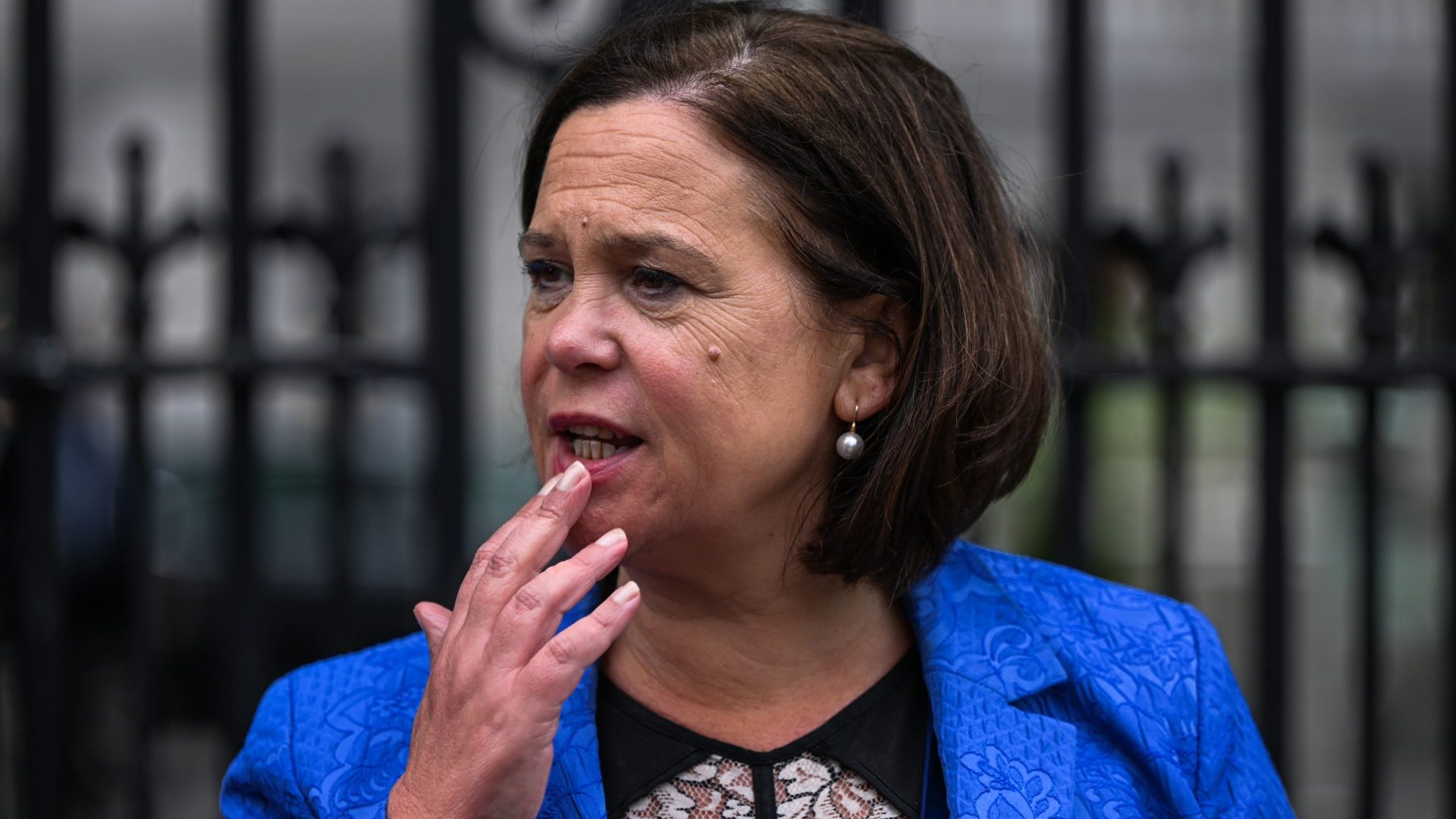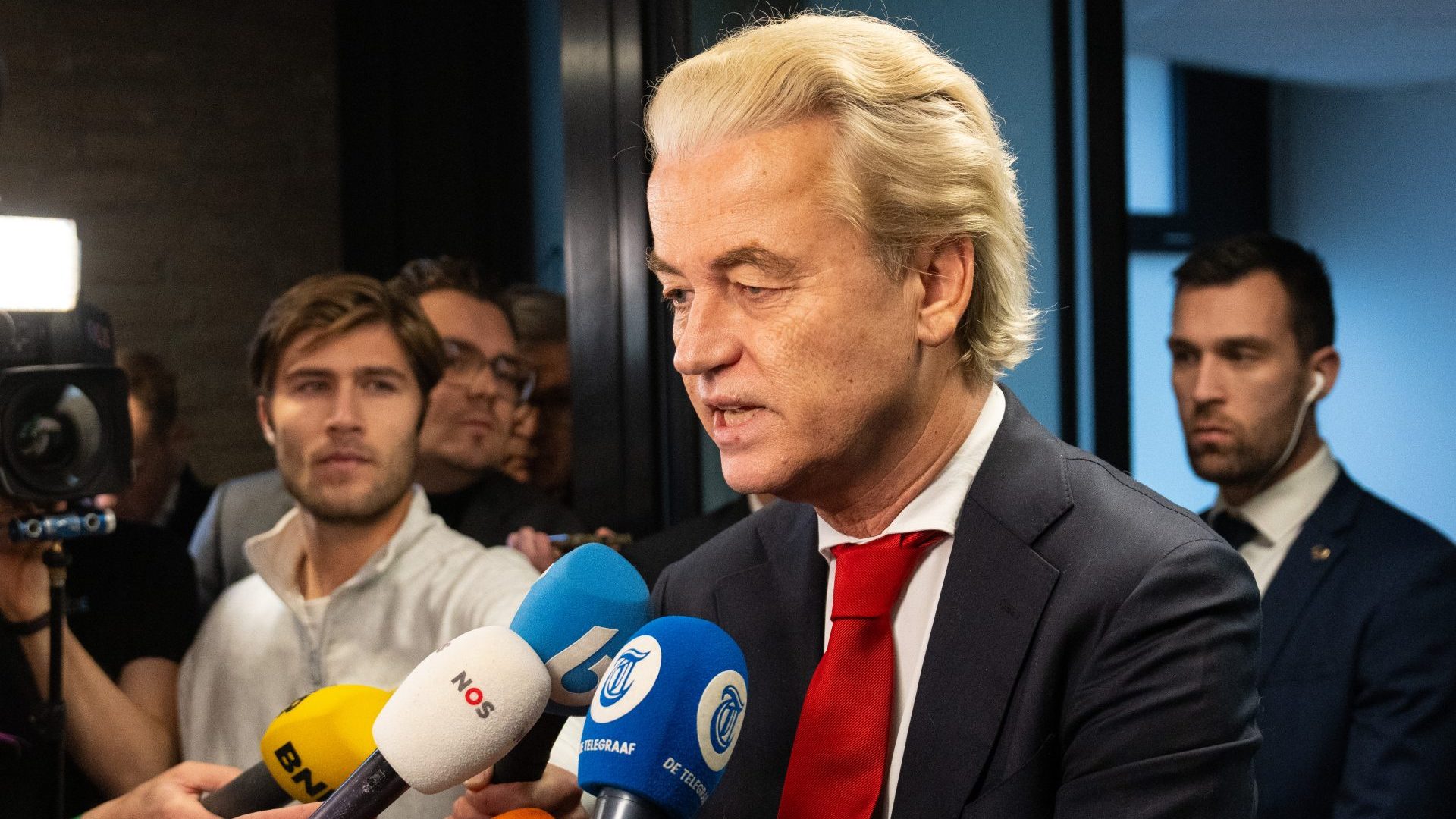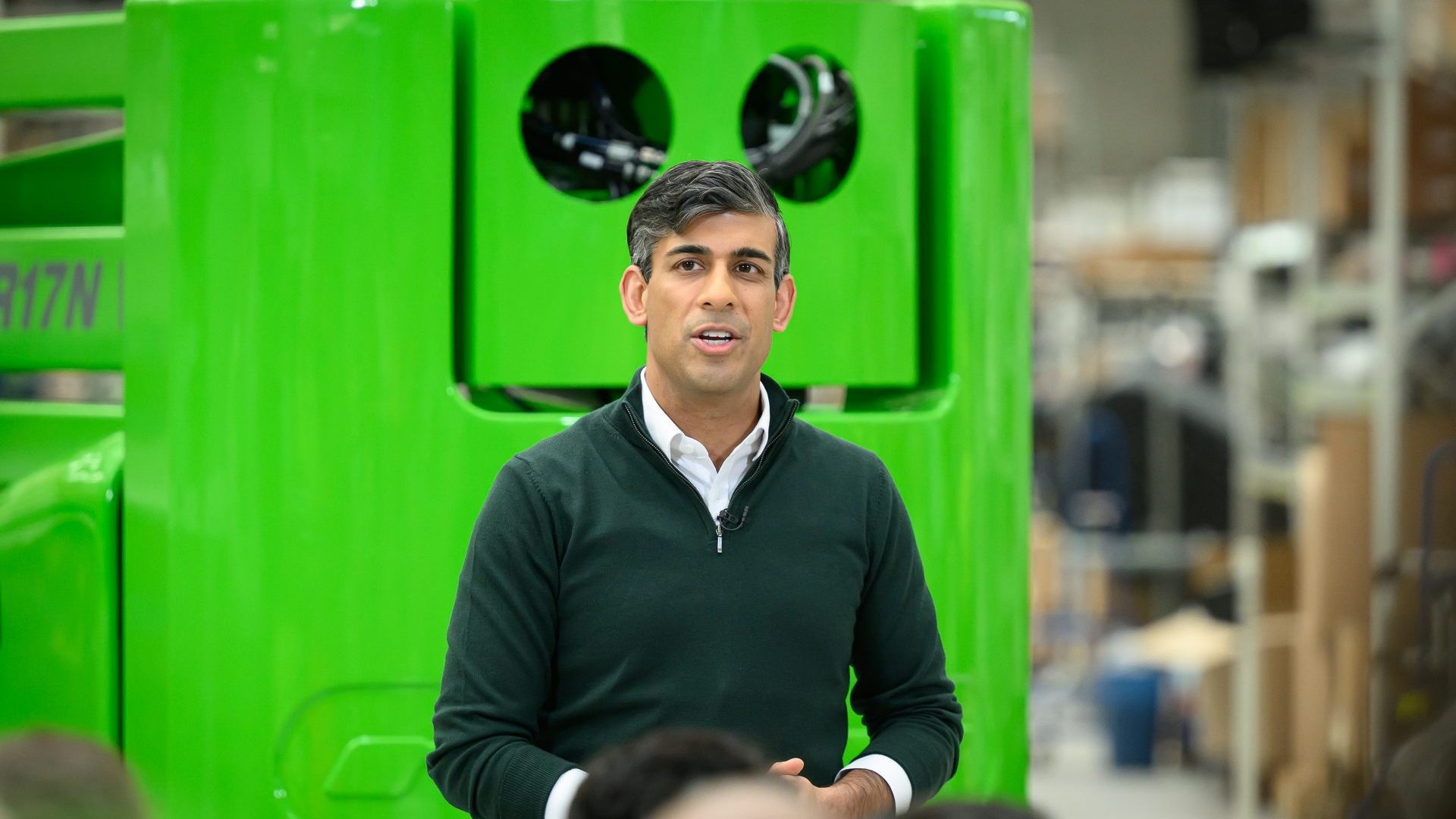An almost entirely new phenomenon looks set to dominate the island’s political discussion for some time to come: immigration.
The upcoming European elections and local elections in Ireland on June 7 have become almost overnight a referendum on not only the government’s policy and practice in managing its migration obligations – supported by the majority of the opposition parties – but also a plebiscite on what Ireland’s role is meant to be, politically, culturally and spiritually in the 21st century.
The popular mood is changing. The government has struggled to find shelter for around 105,000 Ukrainian war refugees and 30,000 asylum seekers – Ireland’s housing and homelessness crisis is already a decade old. The minister for finance, Michael McGrath, says that up to 30,000 more asylum seekers are forecast to arrive in 2024 – more than double the 13,600 in 2022.
The British government’s Rwanda Act is being blamed for exacerbating the influx of new arrivals, fearful of being deported from the UK.
Derelict buildings earmarked as asylum centres have been set alight by angry locals, and riot police have charged at protesters angered by busloads of asylum seekers being housed in the small town of Newtownmountkennedy, in County Wicklow.
The Ireland of “the hundred thousand welcomes” has been challenged by a whole new “nationalist” fervour, fuelled by the disquiet of ordinary people.
The blue tent shantytowns in Dublin are periodically cleared for St Patrick’s Day celebrations or the Europa League Final, or when the new Taoiseach needs a quick headline. But the migrants drift back.
The Taoiseach, Simon Harris, is serious about tackling the problem. Having reduced welfare payments to Ukrainian refugees, this week he said that dozens of hotels housing them could return to public use this summer.
The impact on the opposition party Sinn Féin has been seismic. Two years ago, it was polling at 36%, more than the combined support for the two traditional largest governing parties, Fine Gael and Fianna Fail, putting it in prime position to form the next government.
Since 1998’s Good Friday Agreement, Sinn Féin has seen its destiny as coming to power on the whole island, a conviction that has proved very attractive to traditional republicans, disenfranchised youth and the urban poor.
So confident was Sinn Féin of significant advances, it relocated one of its northern stars, Michelle Gildernew, the outgoing Westminster MP for Fermanagh and South Tyrone in Northern Ireland, who is now running as a prospective MEP in the republic.
But latest polls show Sinn Féin’s percentage has plummeted to 23% while Fine Gael is on 22% and Fianna Fail 15%.
Sinn Féin’s vote is principally built on energising people who wouldn’t normally vote. Now that demographic blames Sinn Féin for cheerleading the open-border mentality.
The party is reportedly getting a drubbing on the doorsteps in its working-class strongholds. Consistent polling shows its voters are the most anti-immigration of all.
This shift in Irish sensibility hasn’t translated into electoral gains for any existing party. The proliferation of independents and micro parties with “national” intentions drains support, but doesn’t yet channel it to the benefit of any new movement.
Sinn Féin and the rest of the established parties will not want to see any “third force” appropriating the national flag, language, aspirations and exclusivist rhetoric. Though if that were to happen, it would bring Ireland more into line with its EU neighbours, where shades of conservative opinion are nuanced.
There are 13 sitting Irish MEPs. The number will increase to 14 in this poll, which sees 73 candidates standing in the three constituencies. Brussels could lose the colourful double-act of left wing MEPs Clare Daly and Mick Wallace, who have been critical of the EU’s military support for Ukraine and who are polling at 6% and 3% respectively.
But there is no shortage of lively candidates, including the outspoken radio host Niall Boylan, campaigning on a right wing immigration agenda. Another to watch is Sinn Féin’s Lynn Boylan, hoping to regain the seat she lost in 2019.
While Sinn Féin won’t have a re-run of its disastrous showing five years ago, this Euro poll won’t be the harbinger of imminent national triumph it promised to be. The magnitude of the immigration crisis has chilled its electorate to such a degree that previously expected Sinn Féin voters will vote independent or not turn out at all.
So even though, along with Fianna Fail and Fine Gael, Sinn Féin may return with at least three seats across the three constituencies, with the remaining five divvied up in hard-to-predict ways among the main parties and independents, the direction of travel of Sinn Féin voters is back towards disaffection, disengagement or even outright hostility.
Gail Walker is former editor of the Belfast Telegraph




